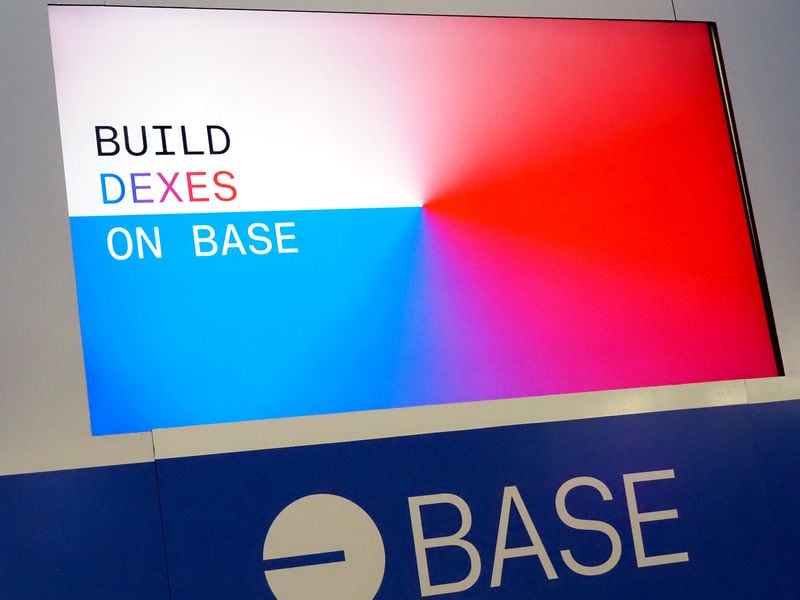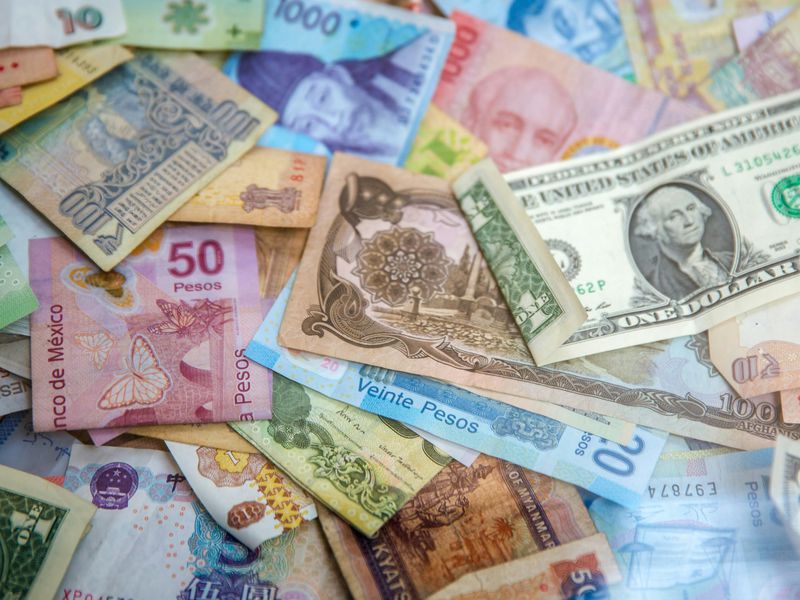Hong Kong Reverses Stance on Spot-Crypto, ETF Investing, With a Catch
/arc-photo-coindesk/arc2-prod/public/OGSWVF6C3VEKHGNM2YFB434DDE.png)
Hong Kong’s financial regulator has extended earlier guidance that limited the sale of spot products to professional investors, allowing intermediaries to offer services to wider range of clients.
“The policy is updated in light of the latest market developments and enquiries from the industry seeking to further expand retail access through intermediaries and to allow investors to directly deposit and withdraw virtual assets to/from intermediaries with appropriate safeguards,” the Securities and Futures Commission (SFC) said in a circular on Friday.
The change in regulation comes amid mounting interest in spot bitcoin exchange-traded-funds (ETFs). Recently, JPMorgan said the approval of spot bitcoin ETFs in the U.S. could happen within months, and probably before Jan. 10, the final deadline for the Ark 21Shares application. It also comes after the authority accused crypto exchange JPEX of operating without a license, making arrests, and saying it would publish details of licensed applicants.
The catch here is that Hong Kong still wants to avoid overseas virtual-asset (VA) products because it considers them “complex” and therefore particularly risky.
“VA-related products which are considered complex products should only be offered to professional investors,” the circular said. “For example, an overseas VA non-derivative ETF would very likely be considered a complex product.”
The other catch is that potential clients would need to take a one-off test to determine their investing knowledge and ensure they have sufficient net worth to assume the risks related to virtual asset trading. Intermediaries would also need to provide clients with risk disclosure statements.
Hong Kong’s ambitions to become a virtual asset hub became apparent when it implemented a new regulatory regime in June, accepting applications for crypto trading platform licenses. It granted the first set of licenses in August, allowing exchanges to serve retail customers. That was a U-turn after 18 months of hostility toward crypto.
Sam Reynolds and Jack Schickler contributed to this story.
Edited by Sheldon Reback.









